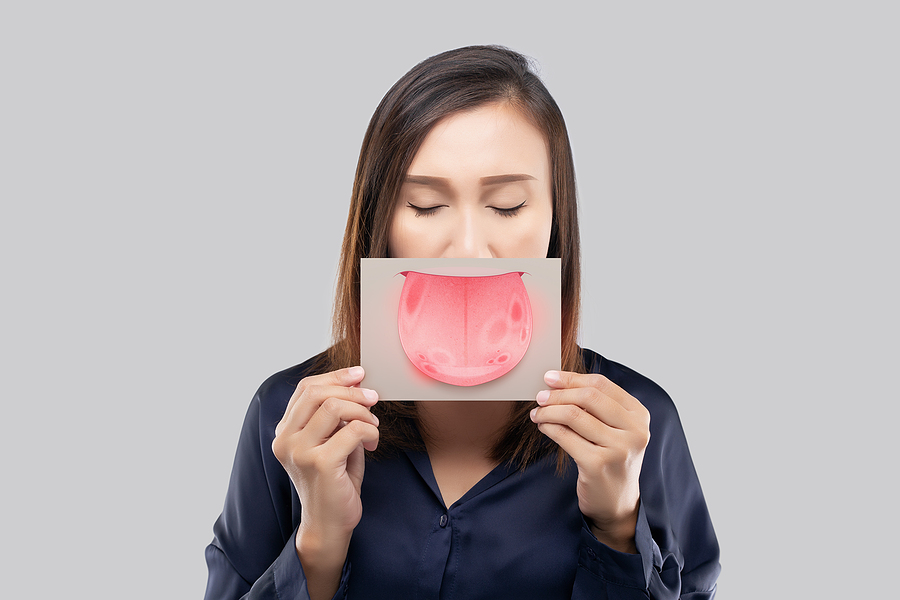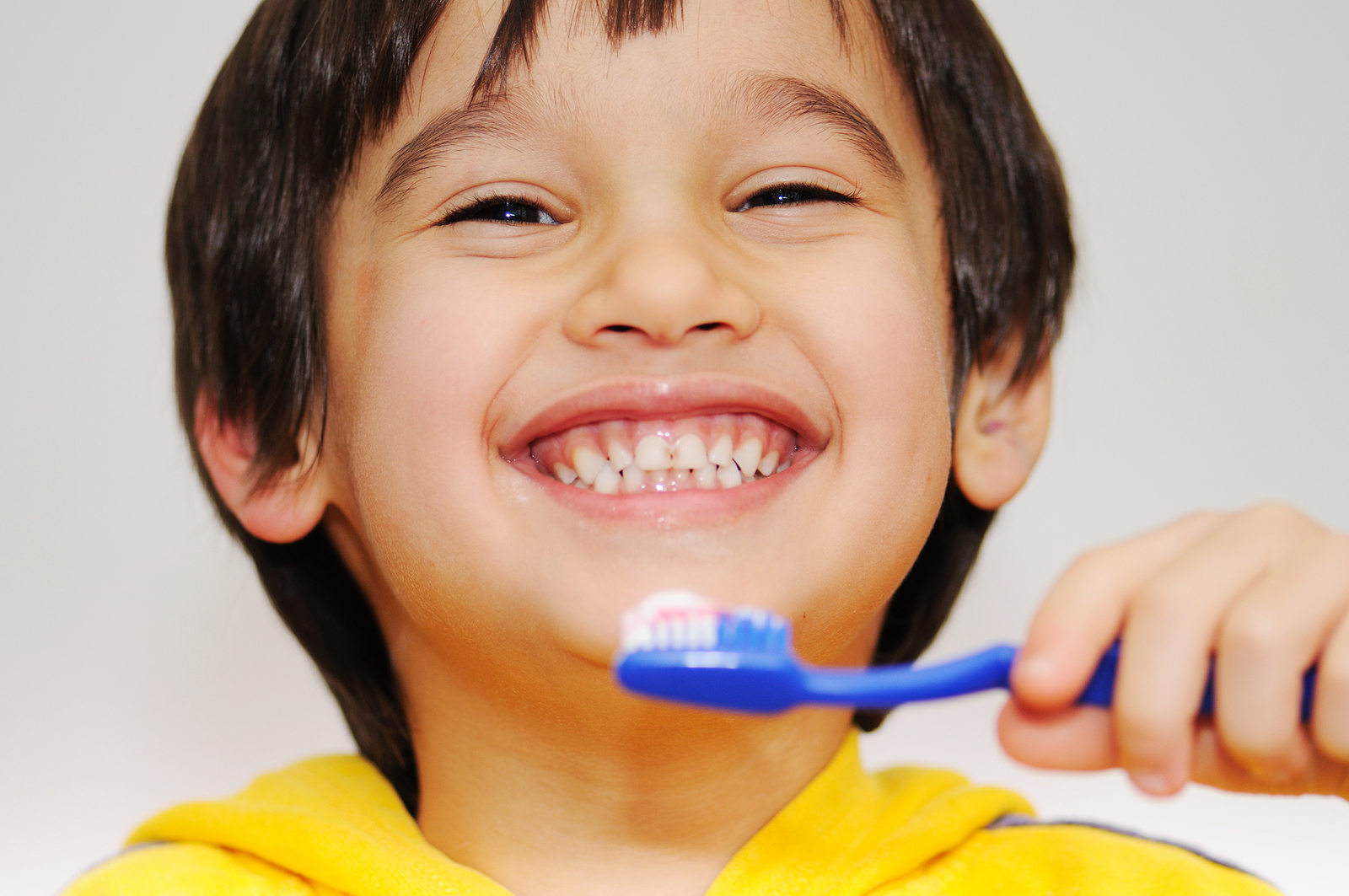In any given year, there are around two million dental-related visits to the emergency department in the United States. It’s easy to let a problem build up over time and then realize it needs to be dealt with right away (though where possible, a dentist is always a better choice than the emergency room).
However, you may not know when you’re dealing with a dental emergency and be unsure of whether it needs immediate attention. Since emergencies can cost more, people often try and wait for a more routine visit.
If you’ve noticed any of these signs, it’s likely an emergency and you need to get it taken care of right away.
1. Extreme Mouth Pain
There’s no more obvious sign that you’re dealing with severe dental issues than extreme pain. Tooth pain can be absolutely debilitating and if it’s gotten to the point where it’s affecting your day-to-day life, then it’s most likely an emergency.
Many people still hold off on going to the dentist, hoping the pain will subside on its own, but this is not often the case. If you’re dealing with that level of pain, there are dental problems going on that demand a professional’s attention and help.
If the pain isn’t too bad but persists for days on end, it’s still important to see a professional.
2. Pain Elsewhere
If you leave the pain in your mouth untreated (or it hasn’t been bad enough to notice), the pain can actually spread elsewhere. It’s not uncommon for people to get headaches due to tooth issues or feel that their jaw is sore.
This is more common when there’s something wrong with the back teeth, like an impacted wisdom tooth. Wisdom teeth usually emerge between the ages of 17 and 25, so keep a particular eye out for them (although they can be earlier or later in some people).
3. Stiff Jaw
If your jaw is stiff — even if you don’t feel pain — it could be a sign that you need dental care. Sometimes when there’s a problem with the back teeth it makes the jaw stiff and it can be hard to open your mouth to chew and eat.
This often affects what you can swallow and means you may only be able to tolerate soft foods and liquids.
This is another symptom that’s very common with wisdom teeth coming in, but it doesn’t often resolve itself. Your wisdom teeth are likely impacted if your jaw is stiff, meaning they need to be removed by a dentist.
4. Cracked or Broken Teeth
If you notice that you have a cracked or broken tooth — whether visually or because you’re alerted to it through the pain — it’s time to get it looked at as soon as possible.
Many people crack a tooth and don’t feel any discomfort, so they think it’s not an emergency — but a lot of bacteria can then get into the tooth, meaning it’ll rot faster. It also puts the tooth in a vulnerable position where it may be prone to more cracking and you could lose it altogether if you don’t get it seen as soon as possible.
Missing teeth come with their own problems, so don’t let it get to that stage if you can avoid it.
5. You Have Bad Breath
Many people assume bad breath is a sign of poor tooth care or the wrong food choice, but that’s not always the case. If you have chronic bad breath that you can’t seem to get rid of, it could be a sign of a dental emergency.
The smell may be coming from decay.
It’s always a good idea to visit your dentist if you struggle with halitosis, but if it’s in combination with any of the other signs, it’s a big sign of a dental emergency.
6. Your Gums Are Bleeding
Gum disease is pretty common in the US but as long as you visit a dentist every six months, you should be able to keep it under control. However, if your gums are red, swollen, and bleeding every time you use your toothbrush, it’s a big sign your gum disease has progressed.
Late-stage gum disease can cause a whole host of problems, not just in the mouth, but even elsewhere in the body. That’s why it’s considered a dental emergency if it’s getting to a serious stage because you need a good clean before it gets to that point.
7. You Have an Abscess or Ulcer
Sometimes mouth ulcers are normal and will go away after a few days. However, if you have a sore in your mouth that’s persisting or is extremely painful, it might be time to go and see a dentist and check that there’s no other underlying cause.
Abscesses can form after injury to the mouth or oral surgery, so it’s important to make sure that nothing is infected or worse than you realized. It’s better to get something checked out as soon as possible than leave it until it develops into a worse problem.
Don’t Hesitate if You Have a Dental Emergency
If you have a dental emergency on your hands, don’t hesitate to see a professional. Even if you’re unsure, they’ll be able to take a look at the problem and get it sorted out quickly — which is much better than the alternative of leaving the issue to become increasingly worse.
If you’re looking for a reliable and trustworthy dentist in Indianapolis, contact us today, and let’s see what we can do for you.
More Blog Posts
Office Hours
MON - THU8:00 am - 5:00 pm
FRI8:00 am - 2:00 pm
SAT - SUNClosed






